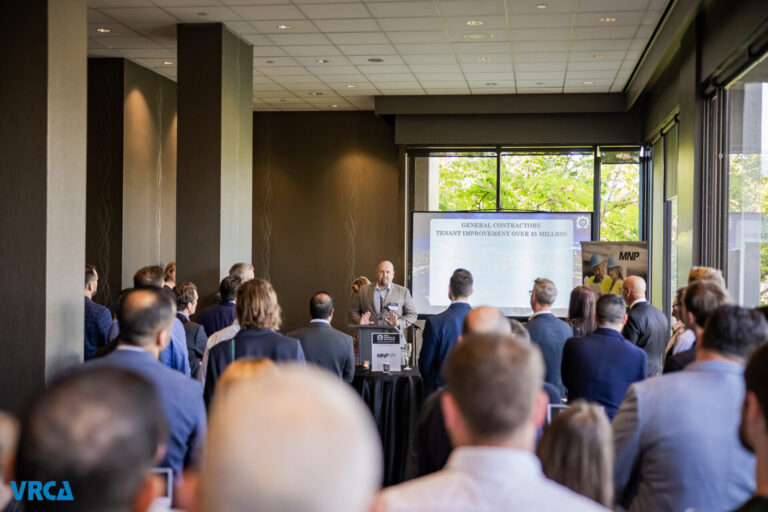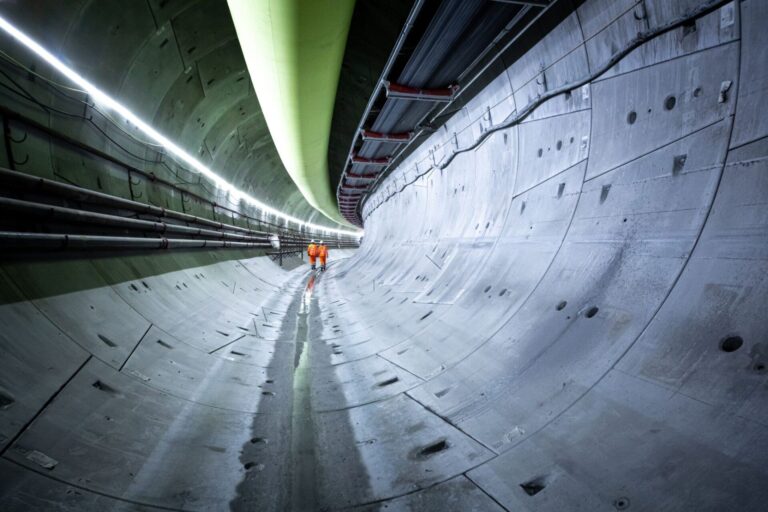Natural Resources Canada announced $407,000 in funding for the University of Waterloo to develop an enhanced cyber security system to protect Canada’s critical energy infrastructure.
“We’re investing in cutting-edge technologies with universities and industry leaders to protect Canada’s energy sector from cyber threats and keep our critical infrastructure secure,” stated Seamus O’Regan Jr., Minister of Natural Resources.
Sebastian Fischmeister, a professor of electrical and computer engineering, heads a six-member team developing the hardware assurance system that can detect compromised parts and devices, ensuring the safety and reliability of Canada’s energy delivery by mitigating risks in its supply chain.
“In today’s world of connected safety-critical systems, it’s no longer enough to deliver just safe systems; systems must now be safe and secure,” Fischmeister said.
“As a part of a comprehensive research agenda on safety and security in my group, this project creates and tests new technology to mitigate security threats in the supply chain when sourcing parts and systems out of region.”
Bruce Power will provide equipment, evaluate machine learning processes and evaluate the overall performance of the new system, while Palitronica Inc., a Canadian cyber security hardware and software company and part of University of Waterloo’s innovation ecosystem, will provide hardware sensors to enable the technology development.
“The project complements our current efforts to ensure security and integrity of the supply chain for digital components,” said Jim Coady, Department Manager, Engineering, Bruce Power.
The University of Waterloo and Bruce Power also contributed to the project, bringing the total investment to over $830,000.
“Cyber security is a core area in the university’s research profile,” said Waterloo’s dean, Mary Wells. “We are delighted to employ our research excellence to advance the state of the art in a sector as important to the Canadian public as the energy sector.”
Federal funding for this project is provided by Natural Resources Canada’s Cyber Security and Critical Energy Infrastructure Program, which received $2.42 million in Budget 2018 to enhance the cyber security and resilience of domestic and cross-border energy infrastructure under Canada’s National Cyber Security Strategy.
Featured image: Sebastian Fischmeister poses in his lab at Waterloo Engineering. (University of Waterloo/Faculty of Engineering)











